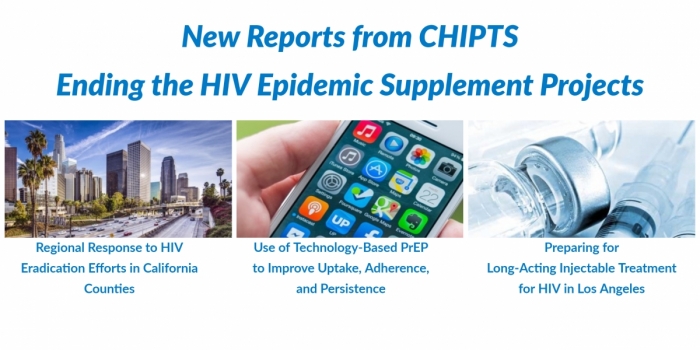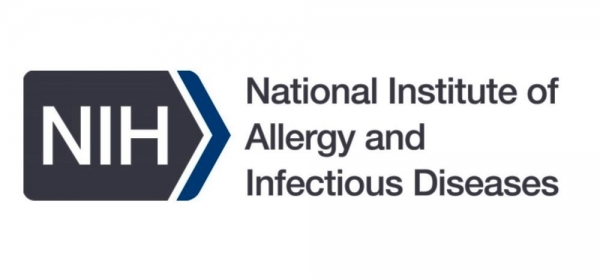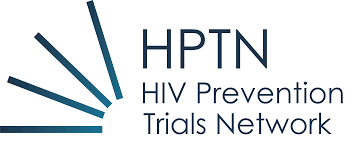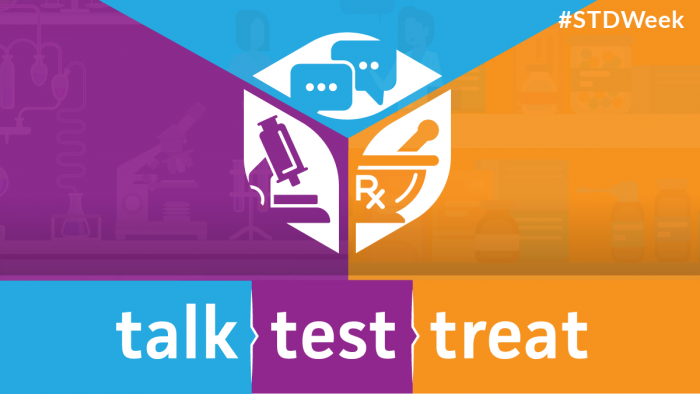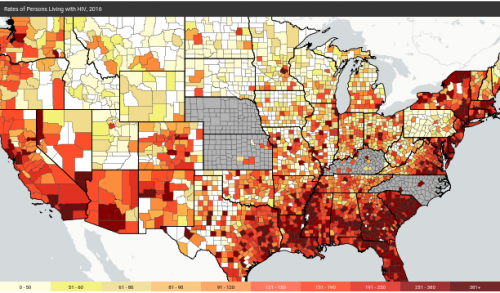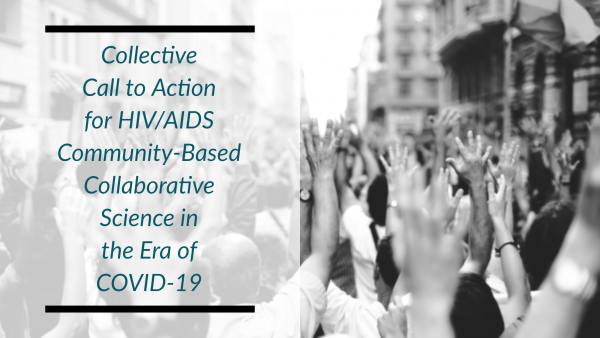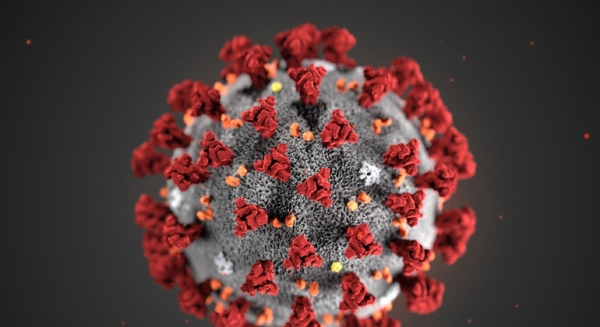This Special Issue of The American Journal on Drug and Alcohol Abuse (Impact Factor = 2.9) will include a mix of of original research reports, brief reports, systematic reviews , narrative reviews or qualitative research from drug and alcohol abuse projects focused on racial/ethnic minorities and other underserved populations. It will include etiologic, epidemiologic, and intervention studies designed to inform and advance primary, secondary, and tertiary prevention of substance use disorders. The Special Issue is intended to focus on explaining and addressing health disparities rather than merely describing them. An overarching theme of the Special Issue will be resilience, thriving and other culturally-relevant or population-specific protective factors. We are also open to a limited number of high-impact conceptual or policy-oriented articles. The Special Issue Editors will also strive to obtain a balance of different minority and special populations, including an array of substance use disorders, and international as well as national (United States) research projects. We encourage submission
The special issue article type will be open to submissions on September 1st 2020. The deadline for submissions is November 30th 2020. To be considered for this special issue, the authors must select “SI: Risk, Resilience and Thriving” as the article type from the drop-down menu. All submissions must adhere to journal guidelines and will undergo peer review. Accepted papers will be published online individually prior to print publication.
Prior to submitting a manuscript, the authors are encouraged to submit a brief letter of intent including an abstract of the planned manuscript no later than August 15th to riskandresilience@the ajdaa.com to ensure that the topic fits within the scope of this special issue. You will receive a decision no later than August 30th based on review the planned abstract by the Guest Editors of the Special Issue and Senior Editor at the American Journal of Drug and Alcohol Abuse.
In collaboration with the Senior Editor, Dr Jennifer Gonzalez, Drs. Craig Field and Christopher Salas-Wright will serve as Co-Editors of the Special Issue and review submission for appropriateness for the Special Issue with emphasis on high impact contributions.
Questions or inquiries about the special issue can be directed to riskandresilience@the ajdaa.com.
More details are available in the flyer below.
[Download not found]


